I recently attended Zen Brain: Consciousness, Complex Systems, and Transformation, an intensive three-day retreat with a panel of brilliant experts that included scientists, philosophers, and Buddhist thinkers. The conference was held at Upaya Zen Center, nestled in a quiet valley surrounded by mountains in the heart of Santa Fe. Upaya, founded on a vision of Buddhism, is based on the integration of spirituality, education, livelihood, service, and community. The retreat was hosted by Joan Halifax Roshi, Zen priest, anthropologist, author, and founder of the center.
A holistic view of the mind/brain/body connection was at the heart of the retreat. The panelists led us on a voyage of discovery about how the brain shapes our experience and makes sense of the world.
Each speaker built upon the previous presentations to create a picture of the complex systems and transformative processes that make up what we call “consciousness.”
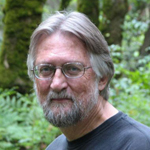
Our moderator was Alfred Kaszniak, director of the Arizona Alzheimer’s Consortium Education Core and a professor in the departments of psychology, neurology, and psychiatry at the University of Arizona.

First up was Evan Thompson, whose latest book, Waking, Dreaming, Being: New Light on the Self and Consciousness from Neuroscience, Meditation, and Philosophy, will be published in the fall. Thompson talked about his mentor, Francisco Varela, a renowned cognitive scientist and neurobiologist who was also a student of Buddhism. He explained how Varela brought these two areas together in a new kind of science of the mind and brain that combines careful study of a person’s moment-to-moment experience with the scientific investigation of the brain.
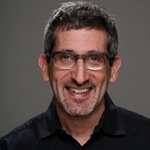
The next presenter, Neil D. Theise, focused on complexity theory. He used the example of ant colonies to illustrate how interacting individuals organize themselves into structures and behaviors that are neither planned nor predictable.
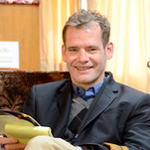
John D. Dunne took us on a journey through the history and meaning of consciousness and the nature of reality in Eastern philosophical traditions. He concluded that systems theory can be a useful level of analysis for understanding interdependence and other Buddhist concepts at the heart of our experience of what is real.

Rebecca Todd talked about the phenomenon of watching others suffer and feeling suffering ourselves and, conversely, seeing joy in others that reverberates in us, too. Sensory systems are tuned to favor certain stimuli, she said, and genetics plays a big role in how we see and respond to the world around us.
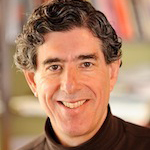
The final presentation by Richard J. Davidson brought the threads of the conference together. His breakthrough insights on “neuroplasticity”—the discovery that our brains change throughout our lives in response to experience—suggest that positive changes can be nurtured through mental training. Of particular interest to me is the Kindness Curriculum he developed for preschoolers and teachers, designed to study whether children can be taught, in a significant way, to be kinder.
The view of the world as a dynamic, interconnected system challenged my notion of either/or, subject/object, inside/outside. Almost everything is connected to everything else, it seems, and I was humbled by the massive complexity of our brains. The retreat also brought together the relationships between neuroscience and mindful awareness, presenting scientific data in the context of spiritual practice and illuminating parallels between the two.

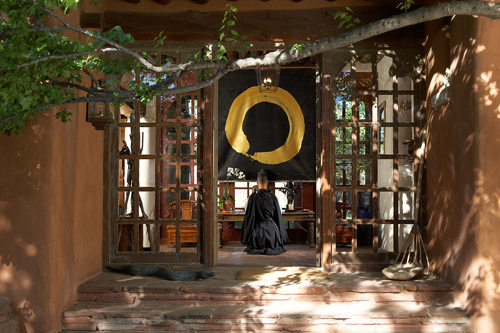


1 Comment
Bob Weisenberg
Selected for Best of Yoga Philosophy.
Bob W.
Yoga Demystified